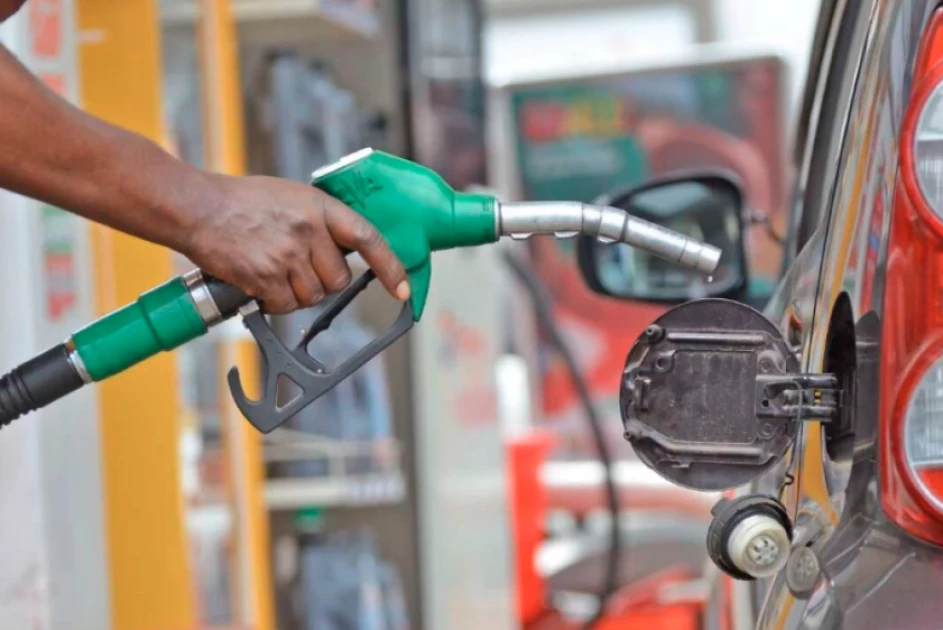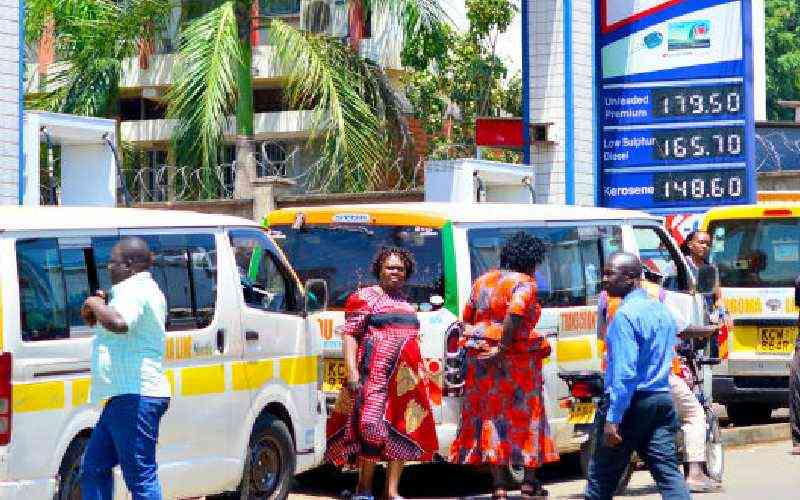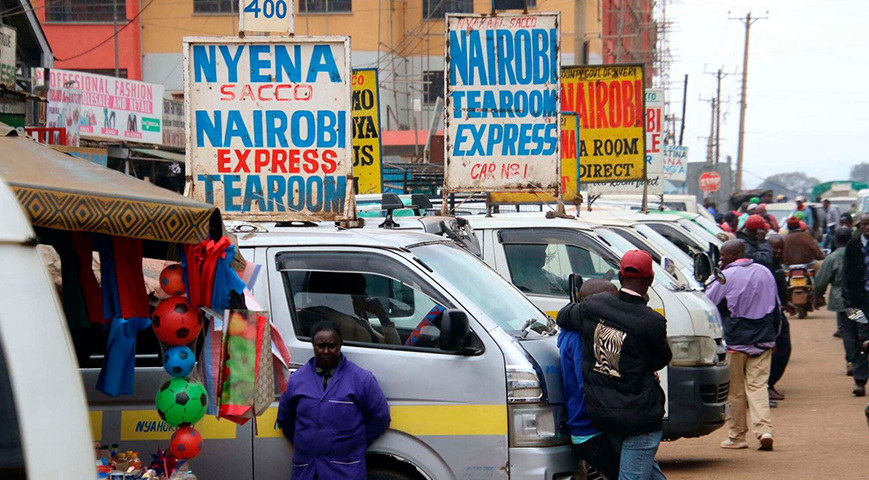The Finance Act has been selectively implemented by the Energy and Petroleum Regulatory Authority, causing consumers to bear the costs while gaining nothing, raising more significant concerns about the accuracy of the fuel price calculation algorithm.
In a pricing announcement made last month, EPRA, for the first time, made petrol cheaper in remote communities like Sondu, Rumuruti, and Eldoret than it was in Nakuru.
In Nairobi, where the transport cost for the pipes from Mombasa should be less than in Kisumu, where it costs Ksh.181.87 per litre, gasoline is sold for Ksh.182.04 per litre.
Retail prices for the same amount of gasoline in Eldoret and Rumuruti were Ksh. 181.88 and Ksh. 181.97, respectively.

Did you read this?
To arrive at the retail price that EPRA notifies on the fourteenth day of each month, the retail pricing formula adds up the landed cost, storage and distribution, Oil Marketing Companies' profit, taxes, and levies.
The pricing formula used for super gasoline, kerosene, and automobile diesel is Pr = Pw + mr + z, according to EPRA's website.
According to the formula, the 'z' represents the "delivery rate in Shillings per litre from the nearest wholesale depot to a retail dispensing site as set out in the First Schedule."
Interestingly, despite being 350 kilometres apart, Kisumu's diesel prices remained higher than those in Nairobi, retailing at Ksh.167.49 and Ksh.167.28, respectively.
This month, after the regulator reversed the previous cycle and increased the price of gasoline in Kisumu relative to Nairobi, the ambiguity in EPRA's pricing became apparent.

In July 2020, EPRA made an error in calculating prices for the June/July pricing, which was corrected in the July/August setting of fuel prices but resulted in a sharp increase in pump prices.
''For under-recovery of Value Added Tax by Oil Marketing Companies that occurred in the previous cycle,'' according to EPRA's press statement, an adjustment has been made.
In a review that will be in effect for the next ten days, EPRA has already been sued for using a pricing formula that has caused consumers pain due to the Finance Act 2023 while denying them the benefits of the same law.
The selective application of the law that increased the price of gasoline and diesel by Sh13.49 and Sh12.39, respectively, has not been addressed by the Energy and Petroleum Regulatory Authority.
The action was taken shortly after the High Court put the implementation of the tax law on hold. EPRA decided to enact the 16% Value Added Tax while ignoring the benefits the same law offered to consumers, such as the reduction of the Import Declaration Fee to 2.5% from 3.5% and the Railway Development Levy to 1.5% from 2.0%.









